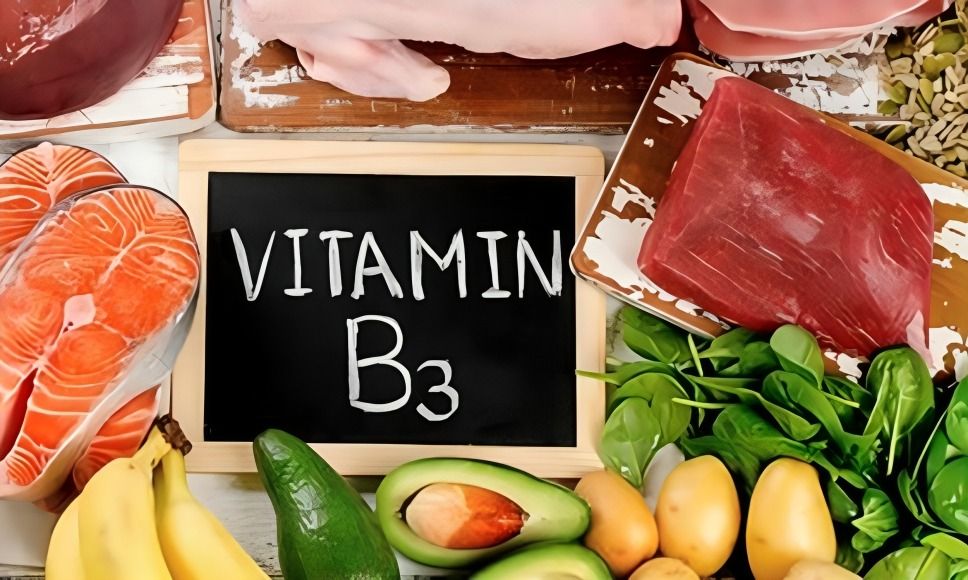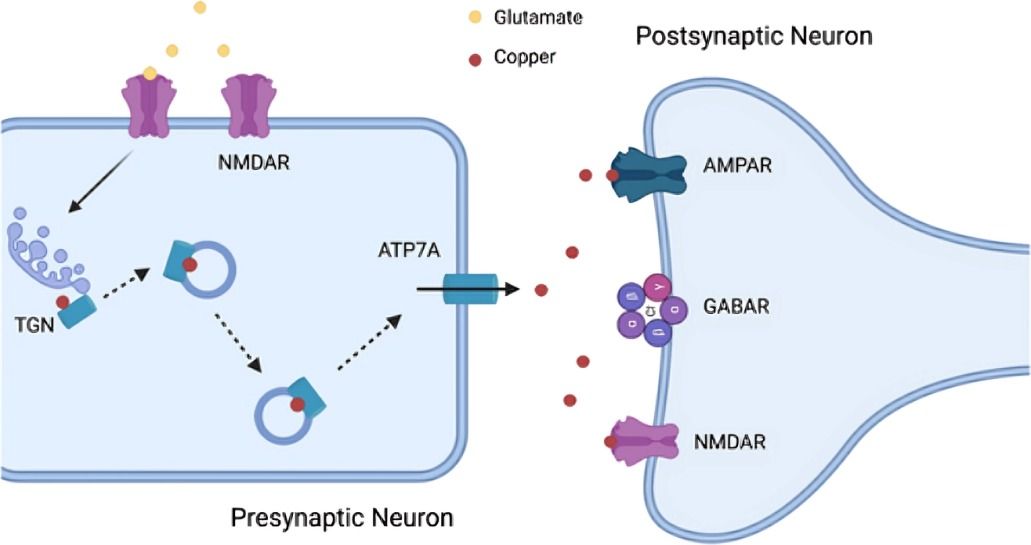
“
Vitamins and minerals are essential micronutrients that play a pivotal role in our body's energy production processes. From converting carbohydrates, fats, and proteins into energy to supporting the function of mitochondria—the energy powerhouses of our cells—these nutrients are indispensable for maintaining vitality and overall well-being. The role of vitamins & minerals in energy production is crucial, as each vitamin and mineral contributes uniquely to energy metabolism. Understanding how these nutrients work synergistically underscores their importance in sustaining optimal energy levels and supporting every aspect of cellular function.1
1
”
Vitamin B1 is essential for converting carbohydrates into energy by aiding glucose breakdown. Its deficiency can lead to fatigue and weakness. Sources include whole grains, pork, legumes, and nuts. 1
Vitamin B2 helps convert carbohydrates, fats, and proteins into ATP, the cell's primary energy carrier. Sources include dairy products, eggs, and green leafy vegetables. 2

Vitamin B3 is involved in the metabolism of glucose, fat, and alcohol to produce energy. It also helps reduce cholesterol levels and supports healthy skin, making it a multifunctional nutrient. Sources include chicken, tuna, and mushrooms.
Vitamin B5 is essential for synthesizing coenzyme A, which is crucial for the Krebs cycle and energy production. It helps break down carbohydrates, fats, and proteins into usable energy. Its sources include avocados, eggs, and whole grains. 3
Vitamin B6 supports glycogen breakdown and glucose production from amino acids. This vitamin is essential for brain health and helps regulate mood and sleep by aiding neurotransmitter production. Its sources include poultry, fish, and bananas. 4
Vitamin B7 is important for metabolizing fats and carbohydrates and converting them into energy. It also promotes healthy hair, skin, and nails. You can find it in eggs, nuts, and seeds. 5
Vitamin B9 aids in red blood cell formation for energy production and supports cell division and growth. Adequate folate intake helps prevent anemia. Sources include leafy greens, legumes, and fortified cereals. 6
Vitamin B12 is vital for the production of red blood cells and the maintenance of nerve cells, aiding in efficient energy metabolism. A deficiency can lead to fatigue and neurological issues. You can find it in meat, dairy products, and eggs. 7
Vitamin C helps synthesize carnitine, essential for fatty acid transport into mitochondria for energy. It also boosts the immune system and acts as an antioxidant. Sources include citrus fruits, strawberries, and bell peppers. 8
Vitamin D is vital for calcium, and phosphorus absorption is crucial for muscle contraction and energy production. It also supports bone health and immune function. You can find it in sunlight, fatty fish, and fortified foods.9
Vitamin E acts as an antioxidant, protecting cells from oxidative stress during energy production. This protection is vital for maintaining cell health and preventing damage from free radicals. Sources include nuts, seeds, and vegetable oils. 10
Vitamin K supports blood clotting and bone health, indirectly aiding energy levels. It helps prevent excessive bleeding and maintains strong bones. Sources include green leafy vegetables, broccoli, and Brussels sprouts. 11
Calcium is vital for muscle contraction, nerve transmission, and hormone secretion and is crucial for strong bones and teeth. Its sources include dairy products, leafy greens, and fortified foods. 12

Phosphorus is integral to the formation of ATP, the energy currency of cells. This mineral is involved in numerous biochemical reactions, including those that generate energy and support cell structure. You can find it in meat, fish, dairy, and nuts.
Magnesium is essential for over 300 enzymatic reactions, including energy production and ATP synthesis. It also regulates muscle and nerve function, blood sugar, and blood pressure. You can find it in whole grains, nuts, and leafy greens.13
Iron is crucial for hemoglobin formation, which transports oxygen for energy. A deficiency can cause anemia, fatigue, and weakened immunity. Its sources include red meat, beans, and fortified cereals. 14
Zinc supports various enzymatic reactions that contribute to metabolism and energy production. It also plays a role in immune function, protein synthesis, and DNA repair. You can find it in meat, shellfish, and legumes. 15

Copper aids in the electron transport chain to generate ATP in mitochondria, supports red blood cell formation, and maintains healthy bones, blood vessels, and nerves. Sources include shellfish, nuts, and seeds.
Manganese is necessary for the metabolism of amino acids, cholesterol, and carbohydrates. It also acts as an antioxidant, protecting cells from damage caused by free radicals. You can find it in whole grains, nuts, and tea. 16
High-Performance Liquid Chromatography (HPLC) measures vitamins and minerals in biological samples, aiding researchers in understanding their roles in energy metabolism and the impact of deficiencies on cellular energy production. 17


